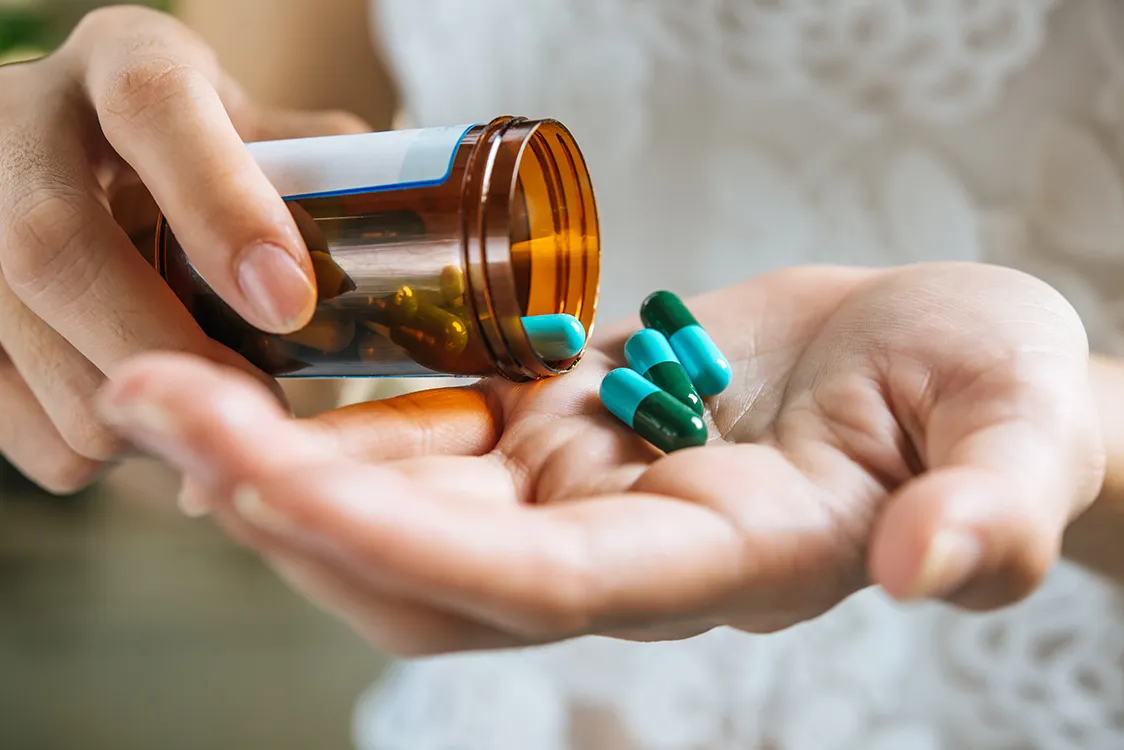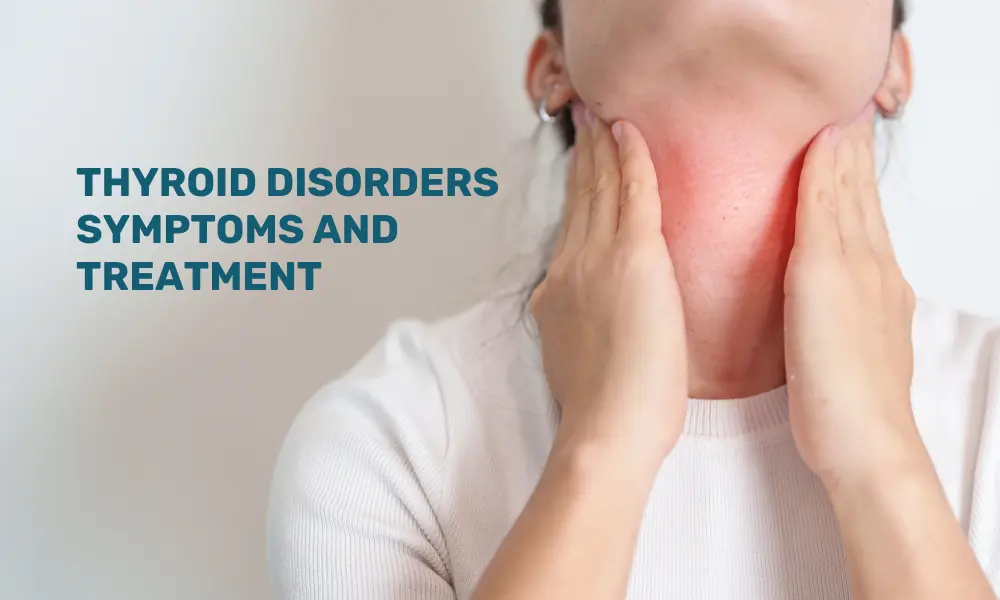Self medication has the potential to lead to serious health problems, such as incorrect self-diagnosis, increased risk of drug or supplement interactions, incorrect therapy selection, dependence and abuse risks.
Self-medication with over-the-counter (OTC) drugs is a dangerous and common practice that is spreading throughout the world. Various studies have found that, depending on the target population and country, the global prevalence rate of self-medication ranges from 11.2% to 93.7%. Self-medication has the potential to lead to serious health problems, such as incorrect self-diagnosis, increased risk of drug or supplement interactions, incorrect therapy selection, dependence, and abuse risks. The pandemic has put a serious threat to public health by encouraging Indians to use this self-medication or Doctor Google trend more frequently.
According to Dr. Chaitendra Gautam, the founder, and CEO of Aceso Health, which provides subscription-based integrated healthcare services, there are many reasons why this risky trend is spreading throughout the nation and why there is a need for widespread public awareness.
The self-medication trend was somewhat influenced by the pandemic.
Thanks to Dr. Google, it is now very common for doctors to deal with patients who arrive with little knowledge and a lot of inaccurate information about their symptoms and condition. Numerous studies indicated that up to 50% of Indians may have used the Internet to search for medical information prior to the pandemic. The trend has only gotten worse over the past two and a half years as people anxiously searched the internet while confined to their homes during lockdowns to make sure that their symptoms like cough and fever, weren’t related to Covid.
A doctor consultation should never be substituted for a Google search; doing so could be fatal.
People need to be aware of the numerous risks associated with treating Google as a doctor or using self-medication, which can increase panic and promote self-medication and self-diagnosis. In reality, a lot of people are succumbing to cyberchondria, a condition in which a person’s health anxiety is brought on or made worse by using the internet to look up medical information. A Google search for symptoms, treatments, safety precautions, and prevention simply cannot replace a visit to the doctor.
There is no simple diagnosis, it is a fact.
Doctor Google can be confusing because it shows you countless web pages from websites, forums, social media, and videos with various diagnoses. But, how can one be certain of the dependability of these online resources that have allowed for a quick and free diagnosis to be received in the privacy of one’s own bedroom? Before making a diagnosis, a skilled, experienced doctor considers a number of variables, such as an examination of the patient’s personal and family history. He takes in the entire scene!
It’s a dangerous practice to give friends and family access to prescription drugs.
Many people even turn to self-medication (SM), the practice of taking drugs for conditions or symptoms they have self-diagnosed without a valid prescription. SM also includes using outdated prescriptions to purchase medications, sharing prescriptions and medication with loved ones, or using unused medications to treat a condition that you have self-diagnosed as being sick.
Self-medication is incredibly common in developing nations like India. Numerous studies carried out in India revealed a prevalence of up to 37% in urban areas and 17% in rural areas for self-medication. In other developing nations, it varies from 12.7% to 95%.
Avoid falling for the time- and money-saving trap.
While many people use self-medication to avoid paying for a doctor’s visit, others do it for time-saving purposes. Additionally, there are those who simply do not take their illness seriously and think all it takes is a few pills to solve their problem. Without seeking a doctor’s advice, they take everything from antacids and vitamins to antibiotics, laxatives, and cough syrups. However, they do not realize that self-medication can be much more dangerous than they ever imagined.
There have been calls for regulation over the last few years as consultation fees have risen. Even many members of the middle class find it difficult to afford the consultation fees charged by specialists in elite corporate hospitals. Even worse, the majority of individual insurance plans do not even cover it. So it makes sense that OPDs in government hospitals are becoming increasingly crowded.
Willing pharmacists to play doctors
Unfortunately, pharmacists in India contribute to the escalation of this issue. Based on the symptoms of their clients, many of them are more than happy to pretend to be doctors and illicitly prescribe drugs.
Spreading widespread awareness among the public is urgently needed. And as individuals, we must recognize that while we adopt fitness regimens, yoga, and other best practices to fully control our personal health and wellness, we leave the administration of medication in the hands of professionals. Healthcare and product innovations can also significantly improve access to healthcare for all societal groups in India, and more importantly, they can contribute to the necessary cultural shift required for self-medication.




